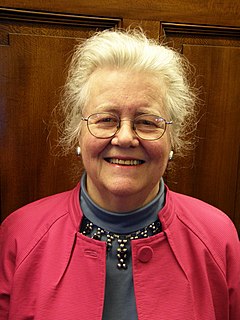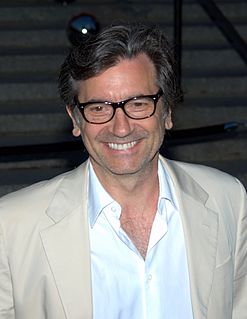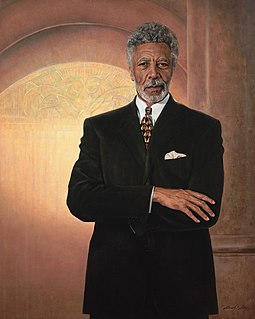A Quote by Sofia Coppola
I always like to keep the budget as small as possible just to have the most freedom.
Related Quotes
I don't choose to make low-budget films. But that is the reality of surviving in the Japanese film industry. However, the trade off is, since we're working on small budgets, we have freedom. You can't buy this freedom with money. With this freedom, I think there are an infinite number of possibilities.
You get really scrappy when you're making things for zero dollars, and you just have to keep thinking like that. It's not like, 'Oh, we now have a little bit more money, let's do things differently.' If you just keep boiling it down to the simplest possible way to make it, I think that always ends up being the best.
It seems to me that obliviousness about white advantage, like obliviousness about male advantage, is kept strongly inculturated in the United States so as to maintain the myth of meritocracy, the myth that democratic choice is equally available to all. Keeping most people unaware that freedom of confident action is there for just a small number of people props up those in power and serves to keep power in the hands of the same groups that have most of it already.
I don't know what the misconceptions are, but I approach a small budget, artsy, independent movie in the same way as a big budget, commercial Hollywood movie. I don't get into those [details]. I have to get into my character and I concentrate on that, on the story, on researching, and on certain training if I have to be prepared physically. I think that's the most important thing.
The more dollars the studio producers put in, the less freedom we have. If the budget hits $100m, they get scared - they'll take the existing score of a successful movie and expect composers to copy it, like wallpaper. The biggest challenge for any composer in Hollywood is to be as creative as possible within those boundaries.




































